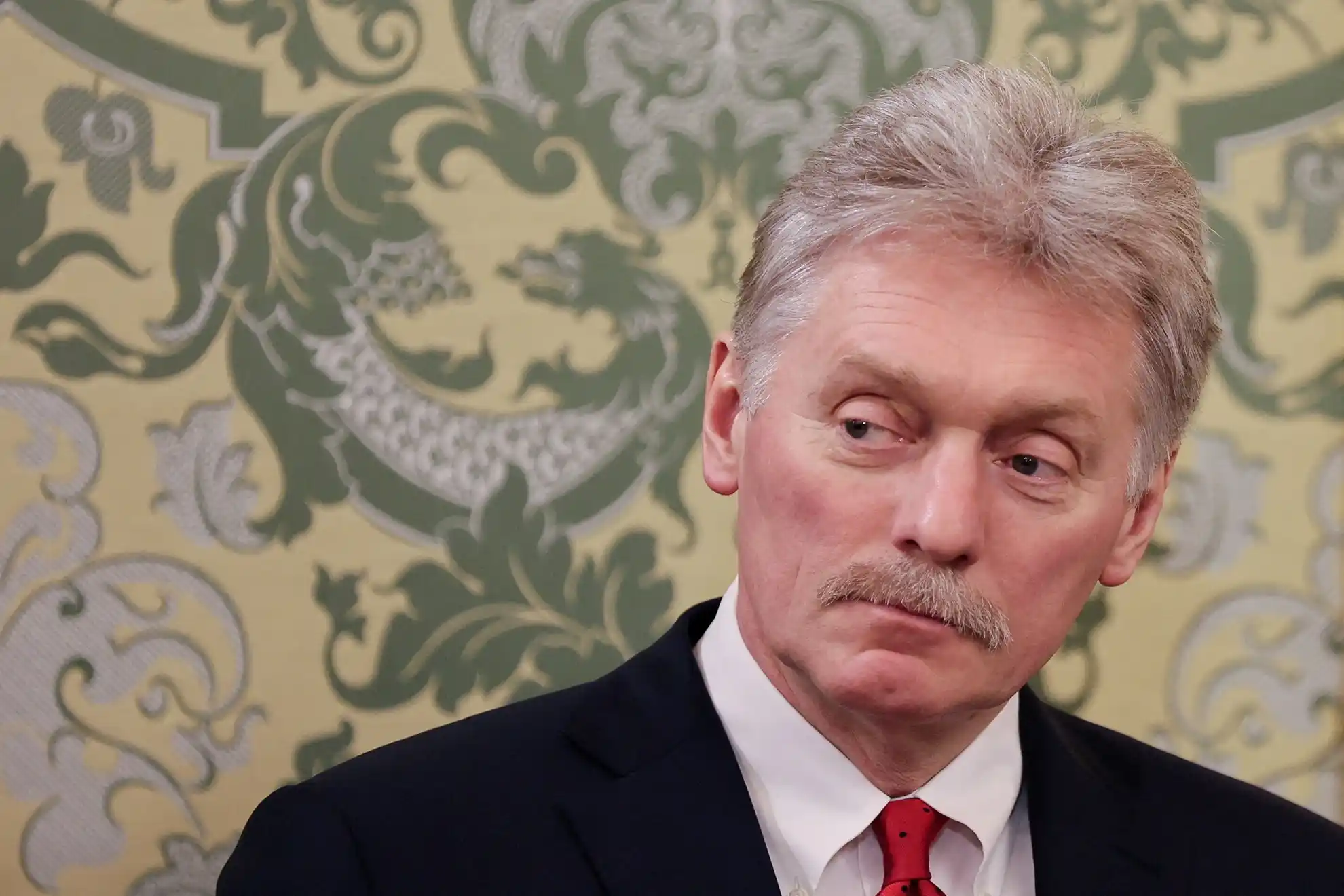Russia has expressed satisfaction with a proposal from the Trump administration to exclude the possibility of Ukraine joining NATO — a move that Moscow sees as a potential foundation for ending the ongoing armed conflict. However, the Kremlin has shown no urgency in reaching a peace agreement, despite growing diplomatic pressure from Washington, The Wall Street Journal reports.
Kremlin Pleased but Remains Uncommitted
According to the American outlet, last week U.S. officials presented a package of proposals to Ukrainian and European diplomats, which included the rejection of Ukraine’s NATO membership. The White House is now awaiting an official response from Kyiv, which is expected to be delivered during a meeting with European and American representatives in London in the coming days. If all parties align, the proposal may then be formally submitted to Moscow.
Kremlin spokesman Dmitry Peskov confirmed on Monday: “We have heard from Washington at various levels that Ukraine’s membership in NATO is out of the question. This is something that satisfies us and coincides with our position.”
Nevertheless, Peskov refrained from commenting on the prospects or timing of a peace agreement. Meanwhile, Donald Trump expressed hope on Sunday that “Ukraine and Russia will reach a deal this week.”
Despite repeated diplomatic efforts, the Trump administration’s attempts to secure a breakthrough in peace talks have thus far been unsuccessful. The Wall Street Journal notes that these efforts have included the first direct talks between Washington and Moscow since the full-scale invasion began, but hostilities on the battlefield continue. Analysts suggest that Russia is deliberately stalling negotiations, calculating that military gains will give it greater leverage to demand broader concessions.
U.S. Peace Initiatives Stalled
U.S. Secretary of State Marco Rubio said Friday that Washington is prepared to shift its diplomatic focus elsewhere if it becomes clear in the coming weeks that a peace deal is not feasible. Trump added that the U.S. would “take a pass” if either Moscow or Kyiv appears to be obstructing progress in the negotiations.
The Kremlin’s statement on Monday came as the Easter cease-fire declared by Russian President Vladimir Putin expired overnight. The temporary truce failed to stop the fighting on the front lines. According to analysts, Putin’s gesture was likely aimed primarily at Trump, who had earlier threatened to halt peace efforts altogether.
Russia has long maintained that Ukraine joining NATO crosses a red line, seeing it as a direct threat to national security and an encroachment on its sphere of influence.
“Ukraine should not be a member of NATO and should not have prospects for integration with the alliance,” Peskov said. “This would be a threat to the national interests of the Russian Federation. And this is one of the root causes of the conflict.”
Meanwhile, Western leaders continue to emphasize that NATO is a defensive alliance that poses no threat to Moscow and insist that Ukraine, as a sovereign state, has the right to choose its own security arrangements and alliances.
According to The Wall Street Journal, in addition to barring Ukraine from NATO, the Trump administration is also considering recognizing Russia’s 2014 annexation of Crimea. Another proposal would designate the area around the Zaporizhzhia nuclear power plant as a neutral zone, possibly under U.S. control.
These ideas were outlined in a confidential document presented by senior U.S. officials to their Ukrainian counterparts during a meeting in Paris on Thursday. The same document was also shared with top European officials.
Peskov declined to comment on the broader U.S. peace proposals beyond the NATO question, stating that efforts to resolve the conflict should not be conducted publicly.
“There are many such reports now, many discussions,” he said. “Of course, work on finding ways to peacefully resolve the situation cannot and should not take place in the public arena. It should take place in an absolutely discrete mode.”
Thus, despite a rare point of agreement between the U.S. and Russia on the NATO issue, the broader prospect of ending the war remains uncertain. As Ukraine prepares its response and the Trump administration finalizes the terms of its proposal, Moscow continues to adopt a wait-and-see approach — evidently hoping for even more favorable conditions.
This article was prepared based on materials published by The Wall Street Journal. The author does not claim authorship of the original text but presents their interpretation of the content for informational purposes.
The original article can be found at the following link: The Wall Street Journal.
All rights to the original text belong to The Wall Street Journal.





















